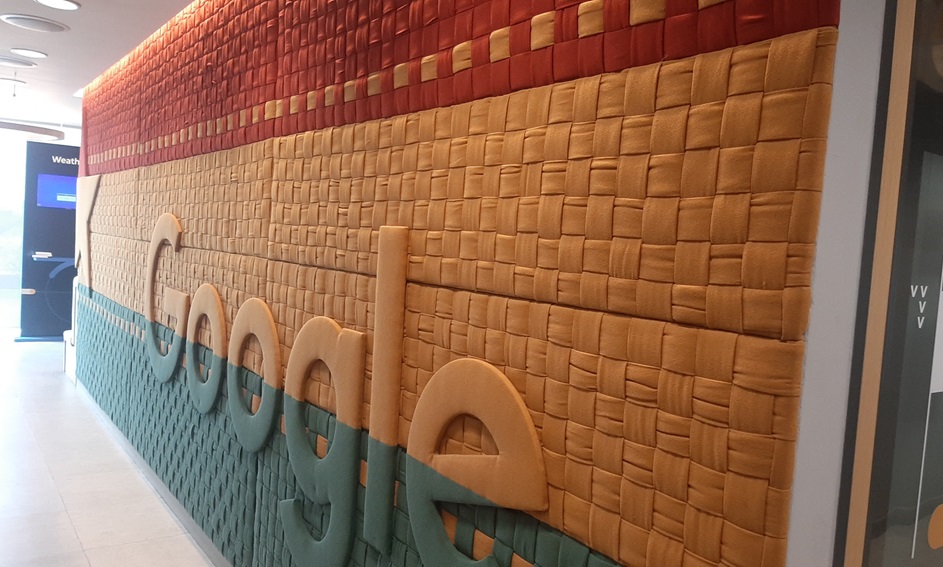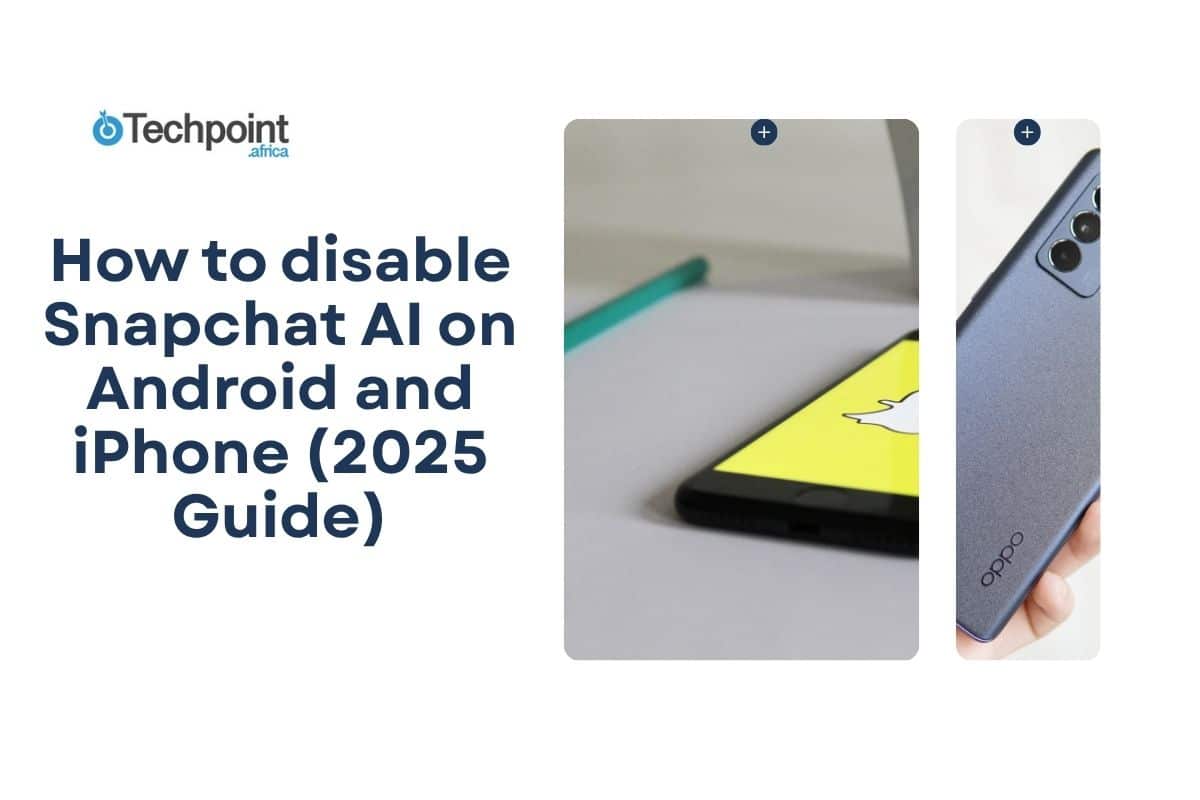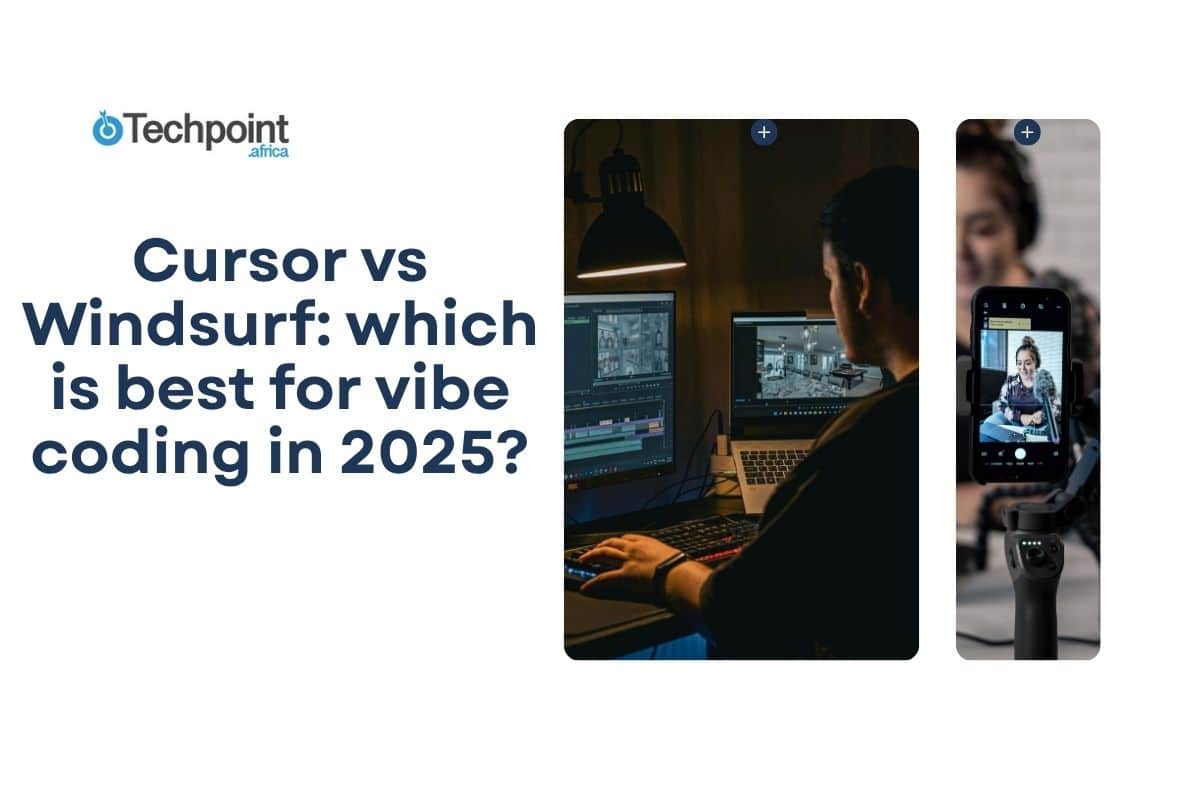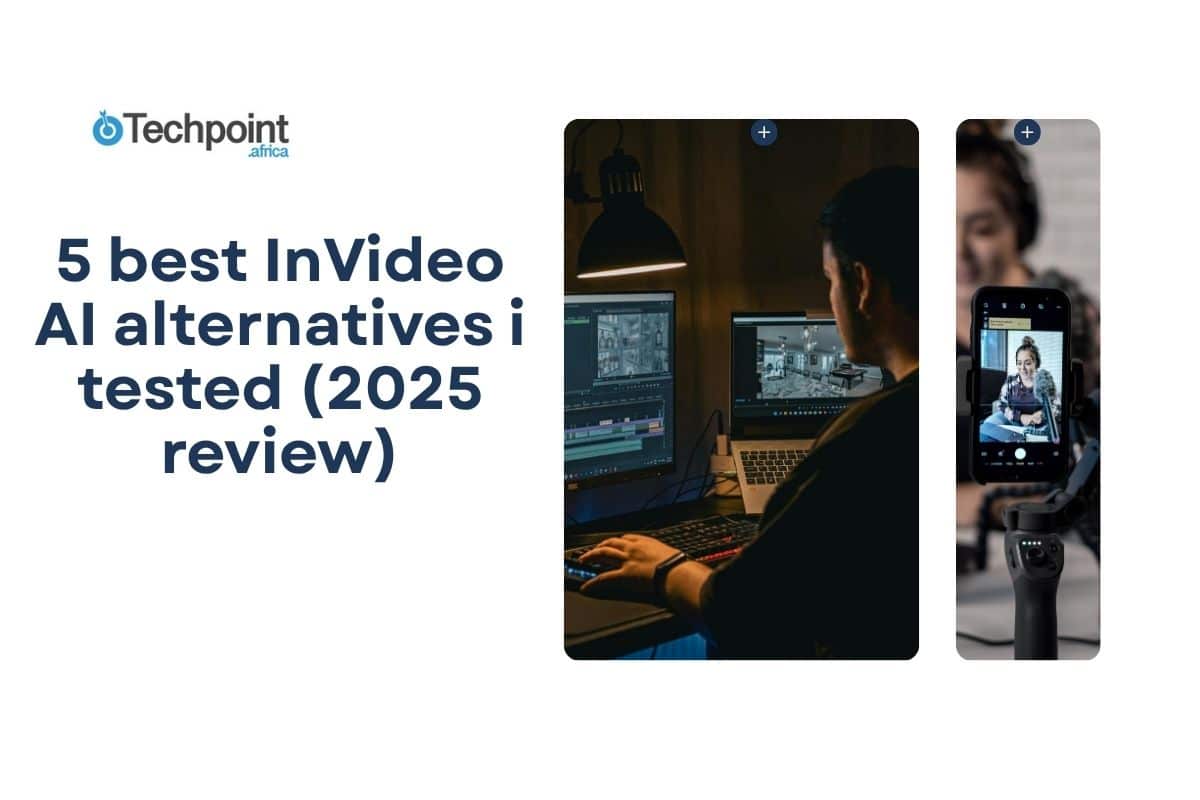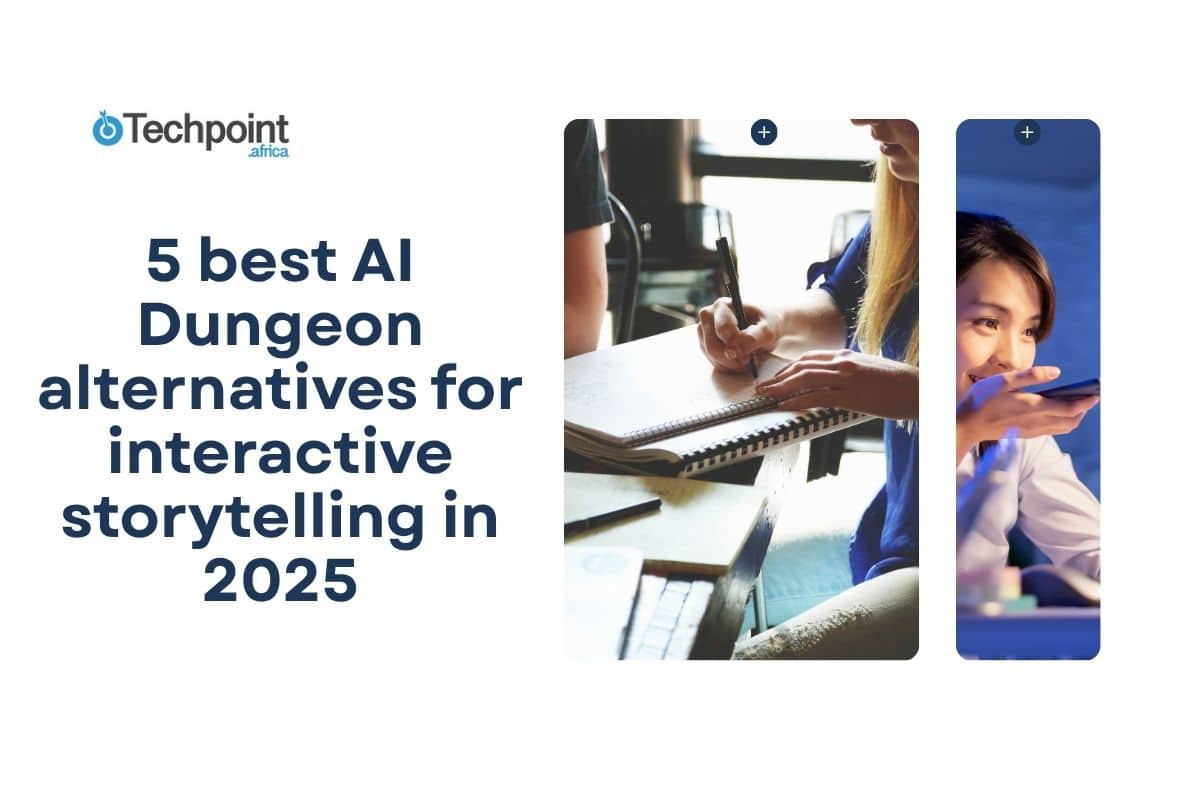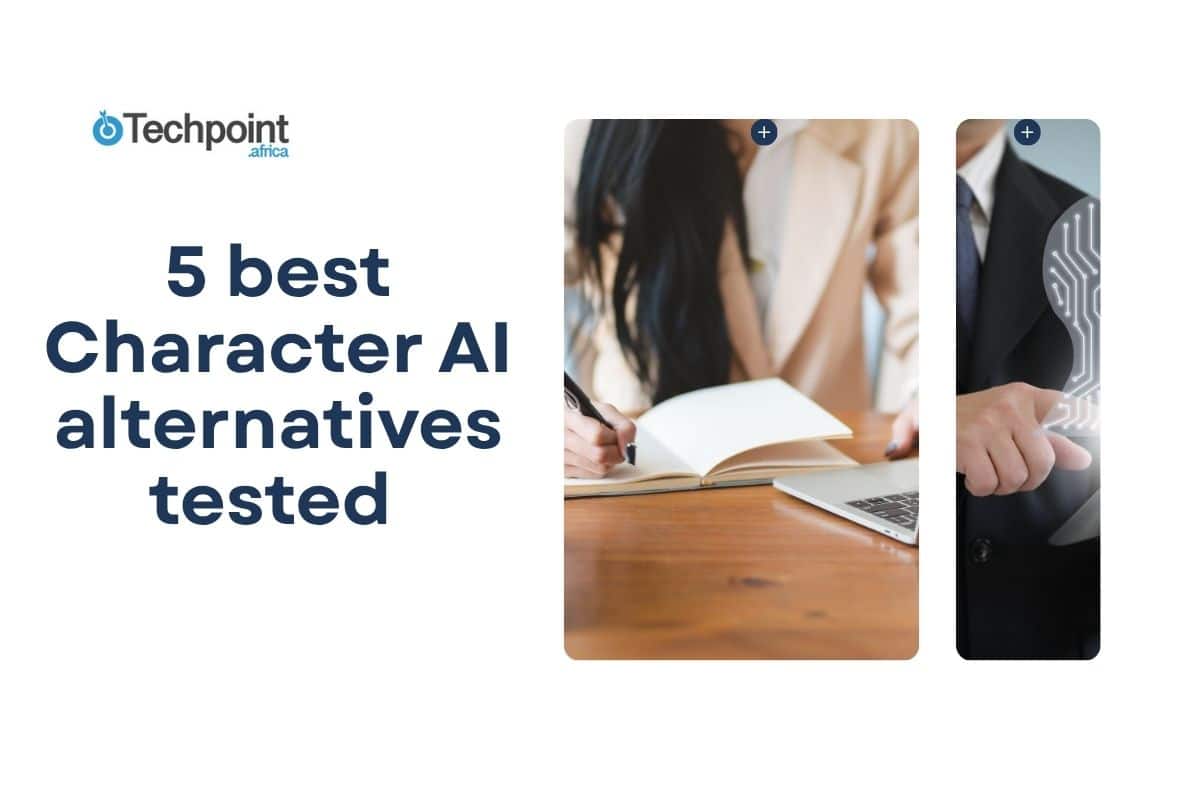Much effort has gone into making Africa’s tech ecosystem what it is today, and Google has been at the forefront of this innovation. Recently, the tech giant began testing new waters in AI technologies on the continent.
In 2018, Google launched its first Africa Artificial Intelligence (AI) research centre in Accra, Ghana. Four years later, it deepened its commitment to tech solutions in Africa by launching a product development centre in Nairobi, Kenya. A recent update has revealed the various ongoing projects at the research centre in Accra.
Google AI Research Centre in Africa
Google Research Centre (also called Google Research Africa) in Accra is home to high-end research labs. After its launch in 2018, the first cohort of AI residents joined in 2019. Since then, the centre has focused on how Africa can use AI to create relevant solutions to the continent’s pressing problems, such as food insecurity and maternal mortality.
The research team, mostly comprised of African tech talent, works closely with partners to develop AI solutions, first for Africa and then for the rest of the world.
Why Africa?
Yossi Matias, Google’s VP of Engineering and Research, says the US multinational technology company sees Africa as home to a population of young tech-savvy individuals. It makes the continent a sought-after market for digital products and services. Investment in research is the search giant’s way of keeping Africa at the forefront of AI technology development.
Explaining the rationale behind the centre, Matias said that before now, most innovative solutions were developed abroad and shipped to Africa. But this time, Google Research Africa is developing cutting-edge tech solutions which can be adapted globally. If nothing, this shows Africa’s growing importance in the global technology scene and how much Google has contributed to it.
Notable names at Google Research Africa
Jason Hickey
Jason Hickey co-leads Google Research Africa in Accra, Ghana. Hickey is a software engineer with over 40 years of experience, 15 of which he’s spent at Google. His special interests span real-life problems in artificial intelligence, weather and climate modelling, and programming languages. He oversees the application of AI to address challenges across Africa, with a special focus on food security, weather prediction, maternal health, African languages, and lots more.
Before joining Google in 2008, he was an assistant professor at the renowned California Institute of Technology (Caltech), where he worked for nine years. Hickey got his Masters in Electrical Engineering and PhD in Computer Science from Cornell University.
Dr Aisha Walcott-Bryant
Dr Aisha Walcott-Bryant is a Senior Staff Research Scientist at Google who works from the Kenya office and co-leads Google Research Africa. She’s also the Head of Research at Google, Kenya. For over a decade, she has led different teams across Africa to develop tech-driven solutions, leveraging AI to solve some of the continent’s most pressing problems.
In her current capacity, she’s exploring ways AI can aid food security, climate change response, and maternal health, among others. At Google, Walcott-Bryant has also worked on several other initiatives in transportation and healthcare.
Before joining Google in 2022, she worked as a Senior Technical Staff at IBM Research Africa, leading efforts to use AI tools to address global health challenges like malaria and COVID-19.
Walcott-Bryant got her PhD in Electrical Engineering and Computer Science at Massachusetts Institute of Technology (MIT) with a focus on robotics and Artificial Intelligence.
Perry Nelson
Perry Nelson is a Senior Software Engineer at Google Research Africa in Accra, Ghana. He worked as a Technology Analyst for Goldman Sachs before joining Google in 2011. Nelson earned his BSc in Electrical and Computer Engineering at Duke University.
5 exciting Google AI projects in Africa
Here are some exciting projects the folks at Google Research Centre in Accra, Ghana, are up to.
1. AI for precise flood forecasting
Africa has had a flood problem for a while. As of December 2022, the United Nations Office for the Coordination of Humanitarian Affairs reported that floods affected 8.2 million people in West and Central Africa. They displaced 2.9 million, injured 4,398, and killed 1,418. These numbers are higher for the continent.
Residents and farmers in these flood-prone areas have no warnings. Worse, governments seem ill-prepared to tackle them. The World Bank records that creating early warning systems is the most cost-effective way of preventing damage to lives and properties caused by natural disasters like floods.
The Google AI for flood forecasting can predict when and where floods will happen and use warning systems to inform residents in such areas to flee and the government to evacuate affected people.
To achieve this, the AI combines two models — the Hydrologic Model, which forecasts the amount of water flowing in a river, and the Inundation Model, which predicts which areas would be affected and how high the water level would get.
Google displays all flood forecasts on its Flood Hub platform, which is updated daily and made public free of charge. Flood Hub covers river basins in at least 80 countries, including 23 in Africa, providing flood forecasting services to 460 million people across 1,800 sites.
Florence Ofori, a Google research resident, said the AI can predict floods for up to seven days in advance, with the alerts published on Google Maps, Google Search, Maps, and Android notifications. Furthermore, Google has partnered with governments and non-governmental organisations like the UN to increase the reach of these flood alerts.
By giving individuals and governments advanced information about floods, Google equips them to take proactive actions to limit the loss of lives and properties.
2. Nowcast for weather forecasting
Africa is no stranger to unprecedented weather conditions or its inability to predict them accurately and prepare for them adequately. Inside the World Bank’s 2021 Africa’s Pulse report, incidences of drought tripled in the nine years between 2010 and 2019 alone, compared to 1970 and 1979. In the same period, storms quadrupled.
The effect of these extreme weather fluctuations on the residents’ livelihood can’t be overemphasised with 70% of Africans dependent on agriculture.
Google is also exploring AI to mitigate this challenge. According to Emmanuel Brempong, the lead researcher for Google AI for weather forecasting, the centre has built a tool, Nowcast, on machine learning models to accurately estimate precipitation conditions.
“You cannot do a long-scale forecast if you don’t have a better short-term forecast. If you can have a high-quality short-term forecast, that serves as the foundation for a long-term forecast.”
He added that Nowcast has already been used to forecast weather and provide early warnings across Africa.
Armed with the capability to precisely forecast weather, governments, industries, and individuals, especially farmers, can potentially maximise food production. The 57% of Africans who depend on agriculture for jobs can be less apprehensive.
3. AI for ensuring food security
According to the mid-year update of the Global Report on Food Crises 2022, around 140 million people in Africa face acute food insecurity, with one in five sleeping hungry.
A particular challenge to food-producing efforts in Africa is locust infestations. In May 2022, the largest locust infestation in 25 years ravaged South Africa’s Eastern Cape, destroying five million hectares (19,305 square miles) of grazing land.
While farmers were still dealing with the aftermath, another swarm was predicted for September of the same year. Reports later revealed that early warning systems could have prevented the infestation.
The Google Research Africa team is working to solve this problem in two ways still in the development stage.
One, it’s collaborating with InstaDeep, an AI-powered decision-making outfit, and the United Nations’ Food and Agriculture Organization (FAO) to create systems that will assist farmers in detecting locust outbreaks and implementing preventive or control measures.
Second, the centre is working on AI models that will utilise FAO’s historical data and weather components like temperature and rainfall to precisely forecast locust breeding grounds.
Google research scientist, William Ogallo explained that the Google research team in Africa built this forecasting tool to provide frequent, precise, and actionable food security predictions that won’t only empower farmers to plan farming resources but also redistribute them efficiently.
Comparing Google’s solution with existing projects like FEWSNET (Famine Early Warning Systems Network) funded by the USAID and Hunger Map Life maintained by the World Food Program, Ogallo commented that instead of manually making predictions based on the routine surveys of experts across several regions susceptible to food insecurity, Google’s intention is an advanced level of forecasting that can make use of limited datasets available and can be scaled across different countries.
“What we are doing at Google is to solve these particular challenges. Number one is to think about how we can use multiple modes of data, including weather, economics, etc, and then combine these with what we have as Google internal datasets, for example, trends data, that can then be used to tell you, more effectively, what’s going on about a situation of hunger in a given place. We use all these different kinds of data to get a model that can then be used to forecast these food insecurity situations.”
4. Mapping Africa through open buildings data set
If you leave the largely choreographed cities of many African capitals, you’ll be faced with the real-life consequences of poor economic planning. This can be anything from poor geographical mappings to inaccurate population data.
In many rural areas in Nigeria, for instance, providing access to electricity is nearly impossible. As a result of poor information, governments don’t have precise data about where communities are located, the type of buildings they have, and their suitable electricity needs.
Canvassing many of these areas is impractical as the roads are barely motorable and impassable in the rainy season. When these buildings go unmapped, it can complicate planning infrastructure for the government.
A team at Google Research Africa has done significant work mapping Africa’s built environment using satellite imagery and machine learning. To achieve this feat, they trained a deep-learning model to make out the footprints of buildings from high-resolution satellite imagery.
Once this was in hand, the team created a large-scale open data set with building outlines essential for urban planning, population estimation, humanitarian response, and governmental services allocation to underserved communities.
Abigail Anka, a research software engineer on this team, described how the project has gone through several iterations since it started in 2019. With its third version already live, she’s optimistic that it will keep getting more improvements every two to three years.
This project has now quadrupled the number of buildings in Africa on Google Maps, surpassing 250 million. While Africa was the initial focus, the open building data set has expanded to provide information on 1.8 billion buildings on other continents.
5. Improving maternal health outcomes
While reiterating Google’s goal of using AI for societal impact, Nelson gave an overview of several ongoing projects at different stages of adoption to a cross-section of reporters at the Google Research Africa office in Accra, Ghana, addressing issues around poverty alleviation, education, and maternal health.
Ultrasounds are crucial to maternal and child health, especially for identifying potential pregnancy complications early. Over the years, sensor technology has made ultrasound devices significantly more portable and affordable.
That said, capturing and interpreting ultrasound is still an unnecessarily complex medical imaging technique that requires substantial training and experience. With a shortage of sonographers in Africa, up to half of the pregnant women in resource-constrained areas don’t receive ultrasound screenings during pregnancy.
Google Research Africa is working with Jacaranda Health to build AI models, with a focus on handheld ultrasound devices that can read ultrasound images that lightly trained operators in these underserved areas can interpret easily. Equipping people who aren’t trained experts to acquire, operate, and interpret ultrasound images will significantly increase the access of pregnant women in these areas to ultrasound screening. This will reduce maternal mortality.
Another notable solution supported by Google towards maternal health in Africa is the Mama’s Hub Android application designed to capture timely information about an expectant mother. This is built using the Open Health Stack (OHS) components. OHS is a suite of open-source resources available for developers to easily build next-gen digital health solutions.
To building responsibly
AI technology holds immense possibilities for solutions to many pressing problems in Africa and the rest of the world and Google intends to use this technology in the safest, fairest, and most accountable way.
“We believe that AI has the potential to help address some of society’s most pressing challenges. But at the same time, we understand that AI is still an emerging technology and poses various complexities and risks. So we are committed to pursuing AI boldly and responsibly. That means that we want to maximise the positive benefits to society, while also addressing the challenges.
“Hence, we’re applying Responsible AI principles from the very start,” Nelson concluded.
The Google AI Research Centre in Accra is showing the world what’s possible when AI is used for innovation. But with everything we’ve seen so far, it’s clear that they are only just scratching the surface.

